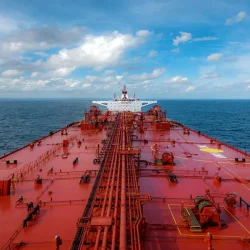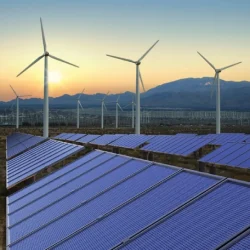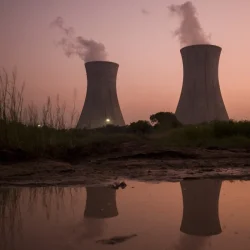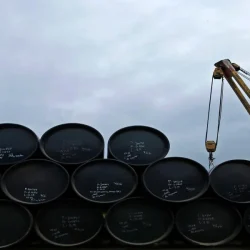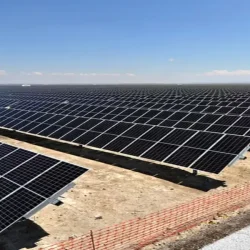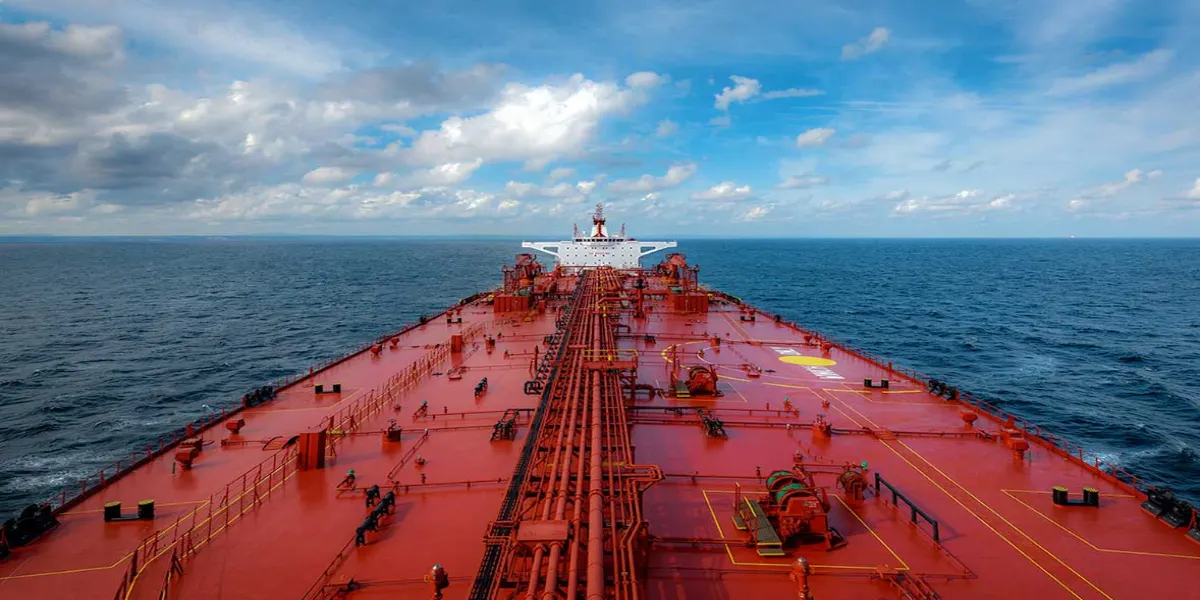Russia Boosts Arctic Oil Exports to Syria as Baniyas Refinery Resumes Operations
According to industrial sources and analytical data from the London Stock Exchange Group (LSEG), Russia has significantly increased its crude oil shipments from the Arctic port of Murmansk to Syria’s Baniyas port in recent months.
Russia has long viewed Syria as a strategic corridor to strengthen its economic and military foothold across the Middle East and North Africa. Enhancing energy supply routes to Syria remains a top priority for the Kremlin.
Political Shifts and Russian Military Presence
Following recent political changes in Syria, Kremlin officials stated in January that Russia’s military positions—including its naval base in Tartus and the Hmeimim airbase near Latakia—had come under pressure. Nevertheless, Moscow is currently engaged in negotiations with Syria’s new government to maintain and expand these military bases.
Sanctioned Tankers Transport Russian Oil
Shipping data shows that the oil tanker “Mytzl”, which is under U.S. sanctions, recently loaded approximately 140,000 tons of Russian crude from Murmansk, destined for Baniyas. Other tankers—“Sakina,” “Aquatica,” and “Sabina”—also delivered crude oil shipments to Syria during March and April.
Total Russian crude exports to Syria since the beginning of 2025 have reached about 350,000 tons, equivalent to approximately 2.6 million barrels.
Circumventing Sanctions and Reopening Baniyas
Due to heightened U.S. sanctions on Russian energy firms like Gazprom Neft and related shipping companies, Moscow is seeking alternative buyers for its Arctic oil, including Syria. In addition to crude oil, Russia has also exported significant quantities of diesel to Syria this year.
In April, Syria’s Ministry of Oil announced that the Baniyas refinery had resumed operations after receiving fresh shipments of Russian crude. This refinery, the largest in Syria, had been shut down in December 2024 amid severe oil shortages.
Energy Crisis and Syria’s Growing Dependency
With domestic oil production facing major challenges and continued economic sanctions, Syria is increasingly reliant on foreign imports to meet refinery demands. Analysts believe Russia’s ongoing support may play a critical role in sustaining the country’s energy infrastructure and economic stability.

